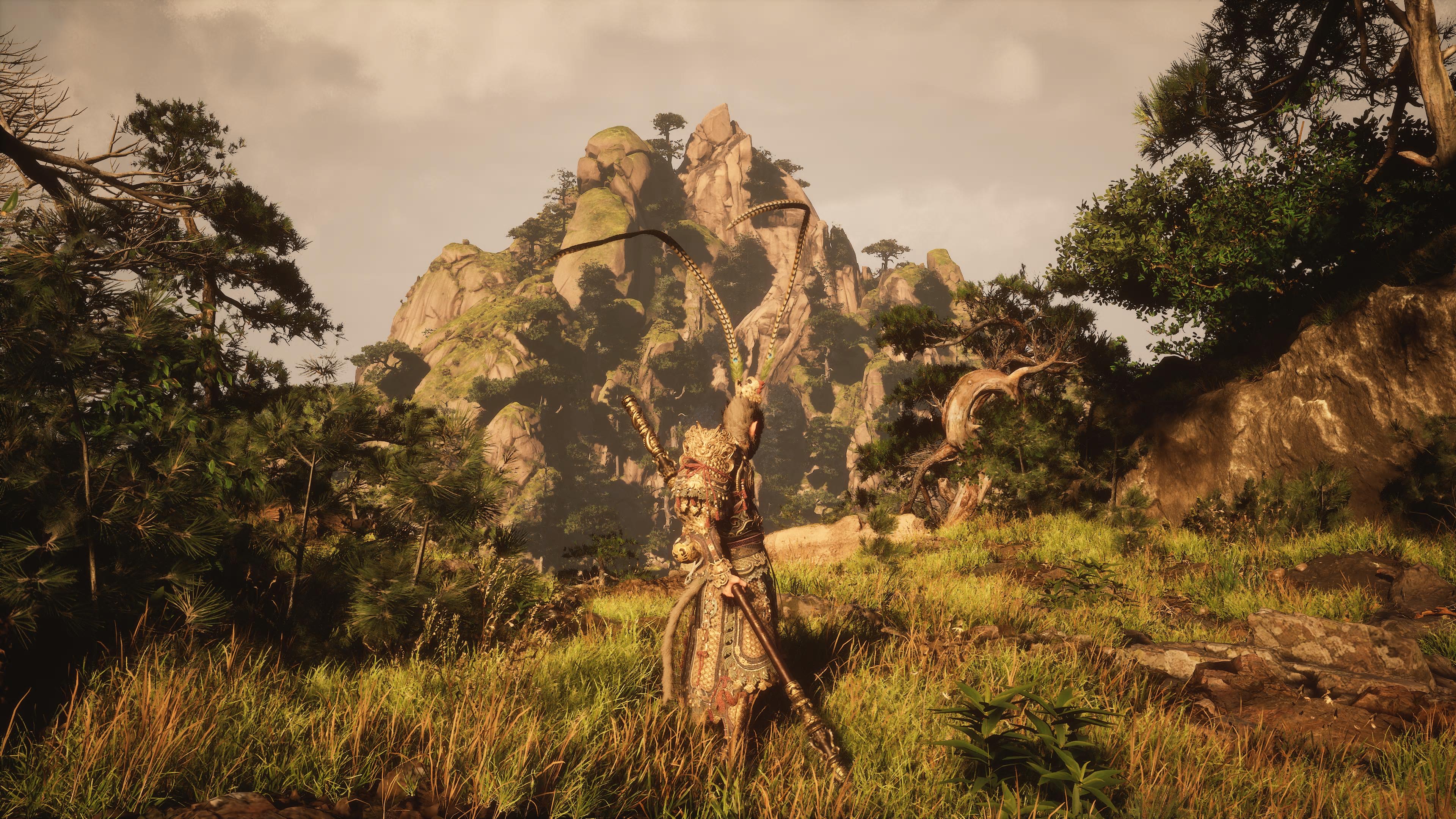As 2024 nears its end, the much-anticipated The Game Awards (TGA) has officially begun. Known as the “Oscars” of the gaming world, TGA is not only a celebration of the year’s best games but also a cultural phenomenon that unites fans and industry professionals alike. However, this year’s list of nominees has sparked intense debate, fueling discussions across the gaming community.
Game of the Year Nominees Spark Heated Discussions
This year’s Game of the Year nominees include Black Myth: Wukong, Astro Bot: Reboot, Jester’s Gambit, Elden Ring: Shadow of the Erdtree (DLC), Final Fantasy VII: Rebirth, and ReFantazio: A Dark Metaphor. Among them, the Chinese AAA title Black Myth: Wukong stands out, securing nominations in four categories: Game of the Year, Best Game Direction, Best Action Game, and Best Art Direction. Its inclusion marks a milestone for China’s gaming industry, drawing global attention.
However, the inclusion of Elden Ring: Shadow of the Erdtree, a DLC, in the Game of the Year category has become a major point of contention. This is the first time a DLC has been nominated for this prestigious title, prompting debates among gamers and industry experts. Many question whether DLCs should compete alongside full games, noting that Cyberpunk 2077: Phantom Liberty, another critically acclaimed DLC, did not receive the same recognition.
Changes in Nomination Rules Stir Controversy
This year, TGA adjusted its nomination rules to allow DLCs, expansions, remakes, and remasters to compete in the Game of the Year category. While this change aims to reflect the diversity and innovation of the gaming industry, it has sparked discussions about fairness and evaluation standards. Some argue that DLCs and expansions should be acknowledged in categories like “Best Ongoing Game” rather than competing directly for Game of the Year.
The Rise of Chinese Games
The multiple nominations for Black Myth: Wukong symbolize the rise of Chinese games on the global stage. Based on the classic Chinese novel Journey to the West, this action RPG has captivated players worldwide with its stunning visuals and deep cultural roots. Its presence at TGA is not only a recognition of the hard work by the team at Game Science but also a significant milestone for China’s gaming industry.
Conclusion
As the TGA ceremony draws closer, discussions surrounding the nominees continue to heat up. Regardless of the final results, these debates highlight the passion and engagement of the gaming community. We eagerly await the upcoming ceremony to witness the moment these outstanding works are honored.
